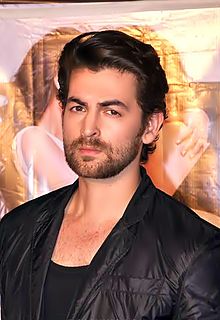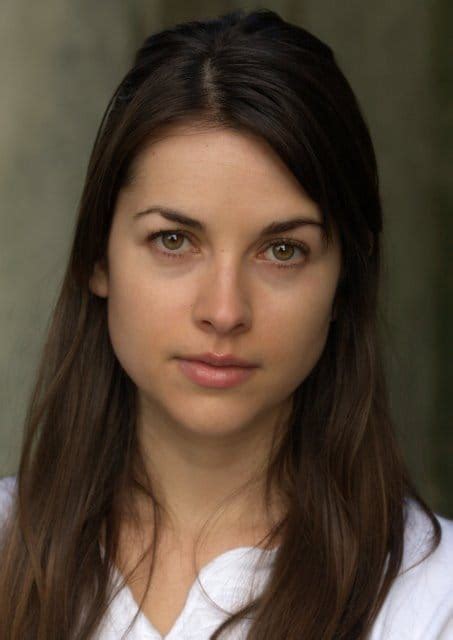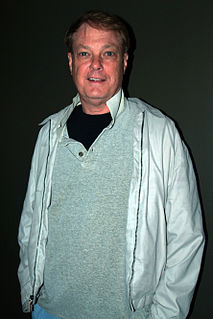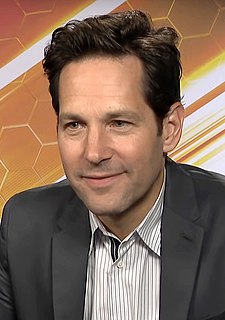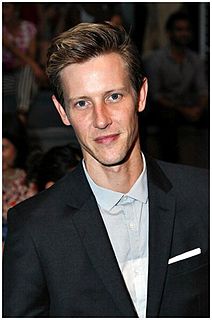A Quote by Neil Nitin Mukesh
I always put myself in the audience's place and see if, as a viewer, I would want to see the film. If yes, then I want to know who's directing it, what my character is, and if it's impactful. If all these points fall in place, I'll do the film. If not, then I won't think twice before saying no.
Related Quotes
I think a lot of people go into filmmaking thinking, "How can I make a career?" And so when they make their first film, they make it thinking, "Well, this'll be the one that gets me to the place where I can make the second film the way I want to make it, and that'll get me to the place where I can make $100 million on the third film." And I thought, "Well, if I put sustainability at the bottom of my priority list, then what opportunities is that going to free me up to pursue?" And that's what I've always done.
For film, you know, the Tarantinos and Nolans of the world who are very focused on a certain kind of film aesthetic and a certain kind of presentation, to be honest, that comes from a place of privilege. It comes from a place of always having access to such, but when you ain't never - you can't see it because you can't even get to it.
With the advent of this kind of TMZ culture, it sadly seems to have infiltrated the vanguard of film commentary. I see these reviews sometimes where I think, well, you have a right to say whatever you want about my work, and I will listen whether it's good or bad and see if there's something that I might work with, but personal issues don't have a place in film commentary.
I like the idea of seeing a film that has the artist's hand in there,a film where you can see his strokes, you can see his working patterns. It's like going to a museum and seeing a Renoir drawing. You want to see their work and you want to see how they put it together. For me to see that in animation is really fresh, it's really exciting, it's really original.
I try not to think of myself in any category, and I don't ever really try to imagine myself competing with another actor. I just know I want to do the things that I would want to see, and I know the things that turn me on, whether it's on the stage, or it's a play or a film. I just kind of want to keep doing my own thing.
I know when I watch a film at this point, if I completely lose myself in the characters and the story and the world of the film I know that it's at least in my opinion, that was great. Otherwise I'm thinking: "Oh I know they were just doing A, B and C, right before they walked into the scene, then the camera was there, then they probably took the shot from this reverse close-up and moved it into this." When all of that drops away then I'm like: "Okay this was phenomenal, this was fantastic." I mean, any film or TV performance in general is probably good.
I usually have a location and then I put the character there. I love place names. I think I'm tricking myself by being so specific - it suddenly becomes real to me. Just because I say it's Chicago, Illinois doesn't mean it's true, but place names sort of make me grounded and then I can put some people there.
